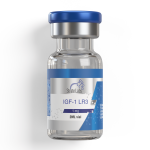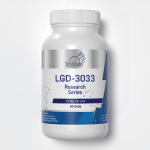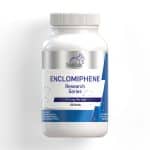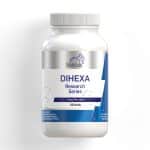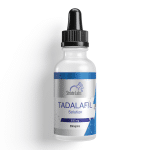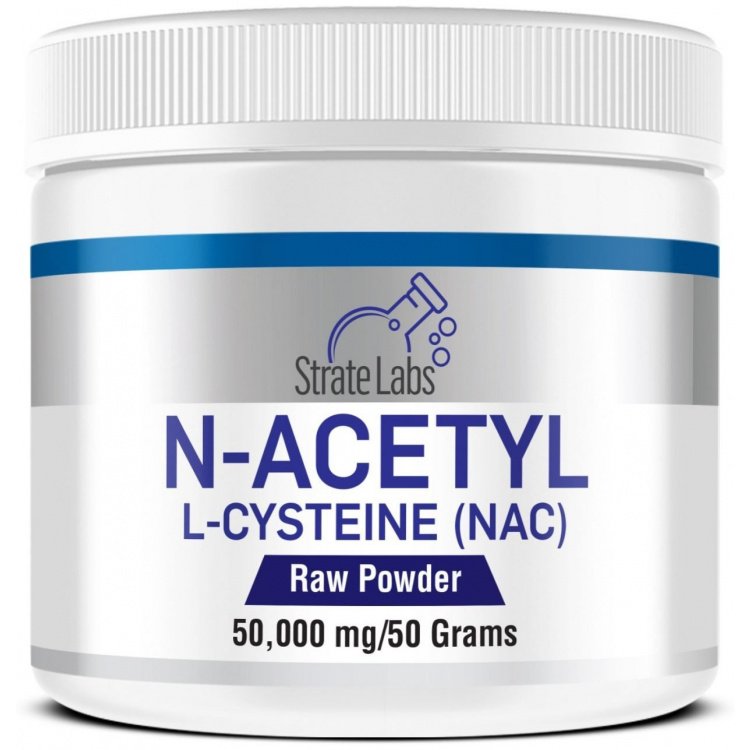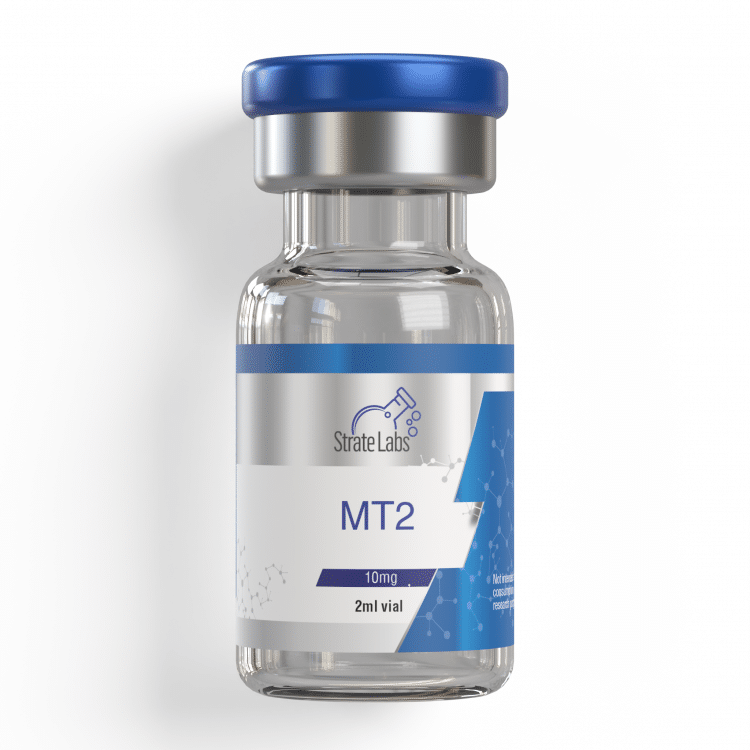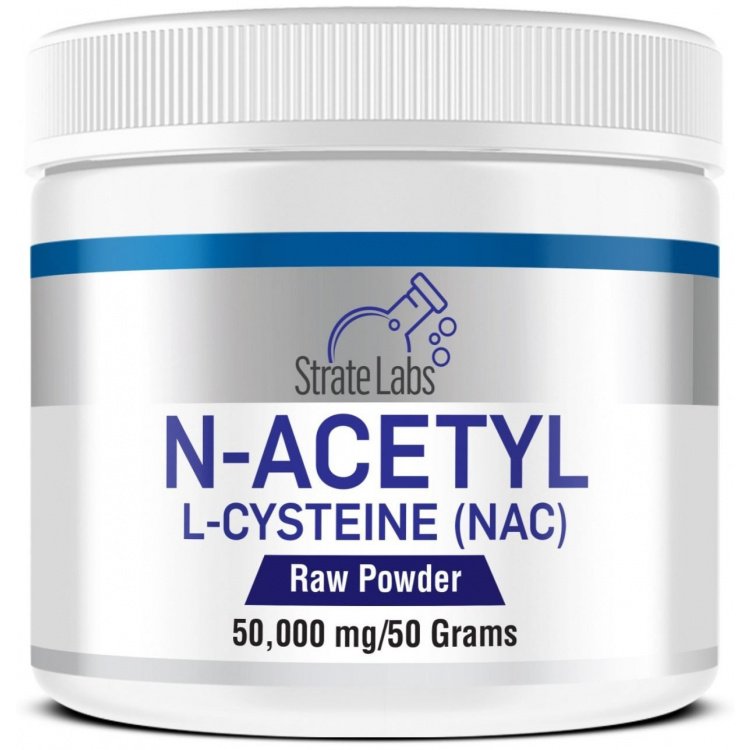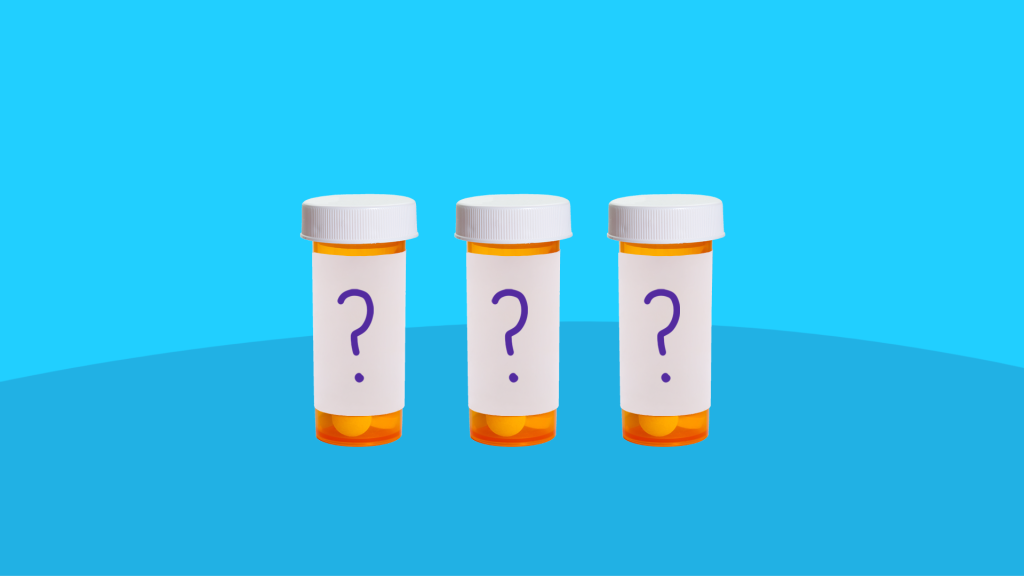Glutathione Benefits for Your Health and Body
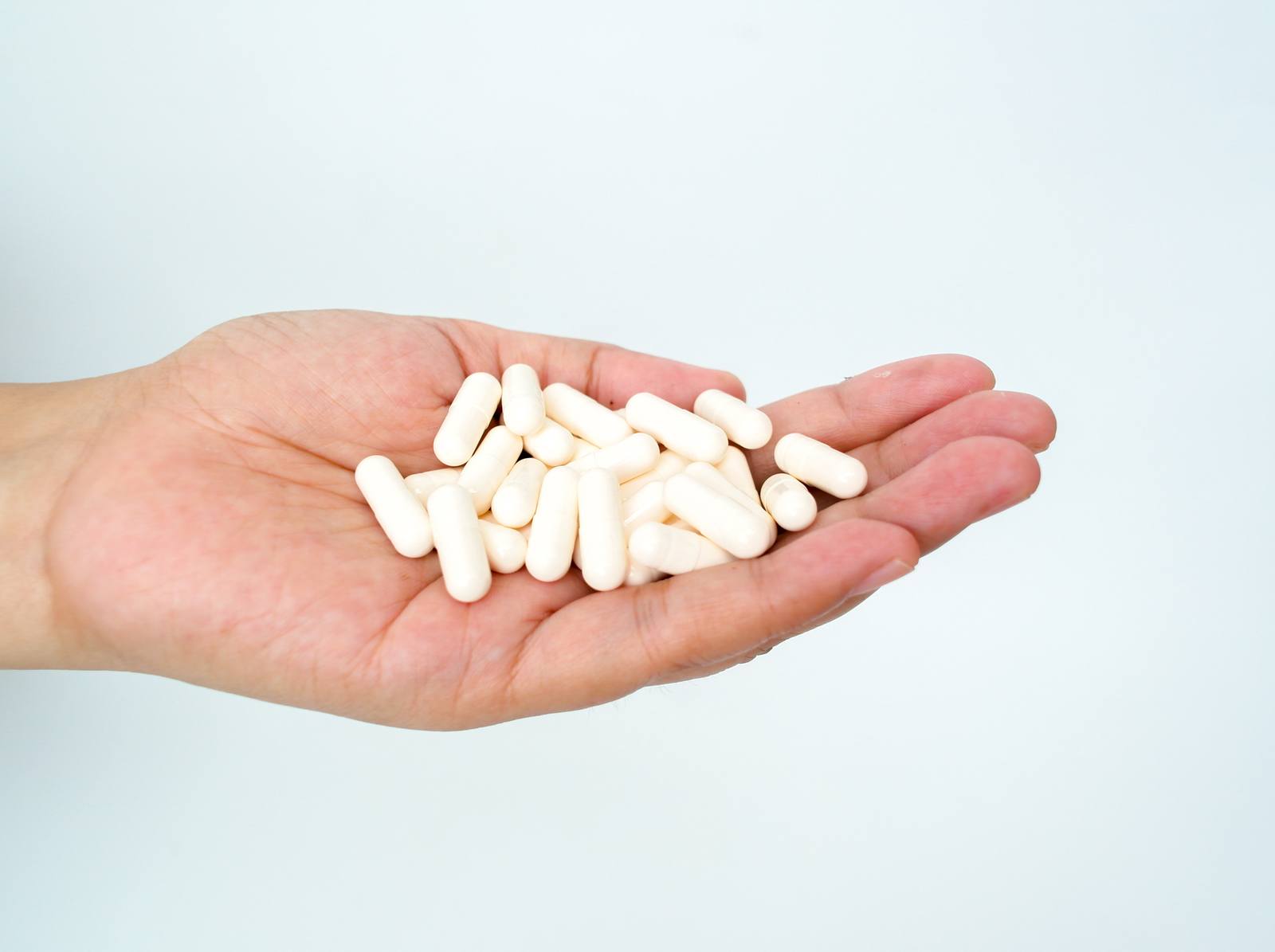
Welcome to the topic “Glutathione Benefits for Your Health and Body“?
Cells create glutathione, an antioxidant. This antioxidant comprises glutamine, glycine, and cysteine; these are the three amino acids.
Various factors, such as poor diet, environmental toxins, and emotional or physical stress, can decrease glutathione levels in the body. Age is also a factor in the fall of its levels.
The body naturally produces glutathione, but people can also administer it intravenously, apply it topically, or inhale it. Additionally, it is obtainable as an oral supplement in the form of capsules and liquid. However, intravenous administration of glutathione may be more successful in treating some illnesses than oral consumption of glutathione
Glutathione benefits
Oxidative stress
Oxidative stress results from an imbalance between free radicals and the body’s defenses. This results in an increased level of free radicals in the body. Excessively high levels of oxidative stress lead to the development of numerous diseases. Diabetes, cancer, and rheumatoid arthritis are some examples of these conditions.
Glutathione protects cells from oxidative damage, potentially reducing disease risk.
Glutathione shortage also elevates oxidative stress, a contributing factor in cancer development. In addition, increased glutathione levels enhance antioxidant defenses and resistance to oxidative stress in cancer cells.
Glutathione benefits for psoriasis
One preliminary trial found that oral administration of whey protein relieved psoriasis symptoms, regardless of the presence or absence of further medication. It had been shown in the past that consumption of whey protein could raise glutathione levels. The oral supplementation consisted of 20 grams administered to each participant in the study once per day for a period of three months. The researchers all agreed that there should be further investigation.

Fatty liver disease
A lack of antioxidants, especially glutathione, causes the death of liver cells, potentially causing liver disease. Both those who don’t abuse alcohol and those who do can get the fatty liver disease as a result of this condition. Glutathione supplementation enhances protein, enzyme, and bilirubin levels in the blood of patients with chronic fatty liver disease, whether caused by alcoholism or not.
According to the findings of one study, glutathione proved to be most helpful when given by IV to patients with fatty liver disease in large dosages. Study participants also showed lower levels of malondialdehyde, a marker of cell damage in the liver.
In a second, more limited study, researchers discovered that persons with nonalcoholic fatty liver disease who made bold changes to their lifestyle also responded well to glutathione when given orally. Researchers gave glutathione pillls at a daily dose of 300 milligrams for four months during this study. The glutathione benefits can’t be overstated!
Insulin resistance
Glutathione production declines with age in humans. Researchers from the Baylor School of Medicine conducted investigations on humans and animals to investigate the role that glutathione plays in managing excess body fat and insulin resistance in people of advanced age. According to the findings of the study, having low levels of glutathione was connected with having a lower rate of fat burning and a higher rate of fat storage in the body.
In order to boost glutathione levels in older participants, cysteine and glycine were added to their meals. This caused a surge in glutathione levels within two weeks, which improved insulin resistance and fat burning.
Increases mobility
When plaque builds up in the arteries, a condition known as the peripheral arterial disease can develop. It happens in the legs the vast majority of the time. According to the findings of one study, glutathione improved blood flow, letting participants to walk without experiencing any pain across greater distances. Researchers studied participants’ mobility after five days of receiving twice-daily intravenous infusions of either a saline solution placebo or glutathione. The placebo group received a saline solution.
Glutathione Benefits for Parkinson’s disease
Tremors are one of the signs of Parkinson’s disease, which is a condition that affects the central nervous system. There is presently no treatment for it. One older study established the beneficial effects of intravenous glutathione on symptoms such as tremors and rigidity. This case report suggests that glutathione may lessen symptoms and improve the quality of life in individuals with this disease, though further research is needed.
Autoimmune disease
Chronic inflammation, such as that produced by certain disorders, can increase oxidative stress. Rheumatoid arthritis, celiac disease, and lupus are some of the diseases that fall into this category. According to the findings of one study, glutathione benefits can either boost or dampen the body’s immunological response, which in turn can assist in alleviating oxidative stress. Autoimmune illnesses are diseases that target certain cells and damage their mitochondria. Eliminating free radicals is one of glutathione’s roles in its role as a caretaker of mitochondria in cells.
Oxidative damage
According to several studies, including a clinical trial featured in Medical Science Monitor, children diagnosed with autism show lower glutathione levels and higher levels of oxidative damage in their brains. Because of this heightened vulnerability, autistic children are more likely to sustain neurological harm from chemicals such as mercury.
In the eight-week clinical experiment, researchers administered oral or transdermal glutathione to children aged three to thirteen. Children in both groups had an increase in whole-blood glutathione levels, plasma sulfate levels, and cysteine levels. However, this study did not investigate changes in autistic symptomatology.
Glutathione Benefits for Diabetes
High blood sugar, over an extended period, lowers glutathione levels. This might result in stress as well as damage to the tissues. According to one piece of research, increasing the amount of cysteine and glycine in one’s diet leads to increased levels of glutathione. Despite having high quantities of sugar, it was nevertheless able to minimize oxidative stress and damage in persons whose diabetes was not under control.
Respiratory disease symptoms
N-acetylcysteine treats various illnesses, including cystic fibrosis and asthma. When used by breathing it in, it assists in breaking up thick mucus and making it more liquid-like. Additionally, it has an anti-inflammatory effect. The production of glutathione results in the formation of N-acetylcysteine.
Although boiling reduces the quantities of glutathione in food, some foods still contain antioxidants.
Have any questions regarding the topic “Glutathione Benefits for Your Health and Body?” Feel free to comment below.
You can Also Read about How to deal with the sideeffects of tamoxifen here
